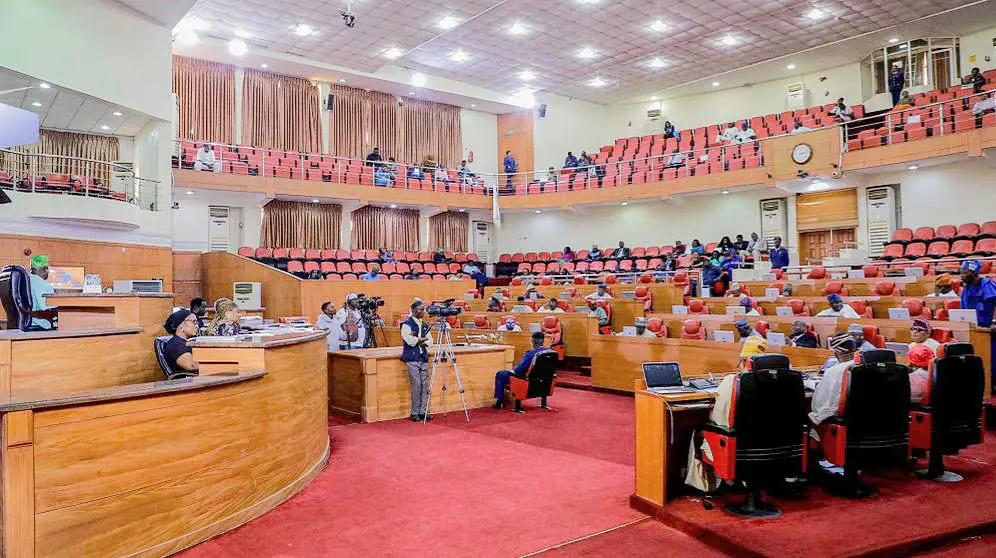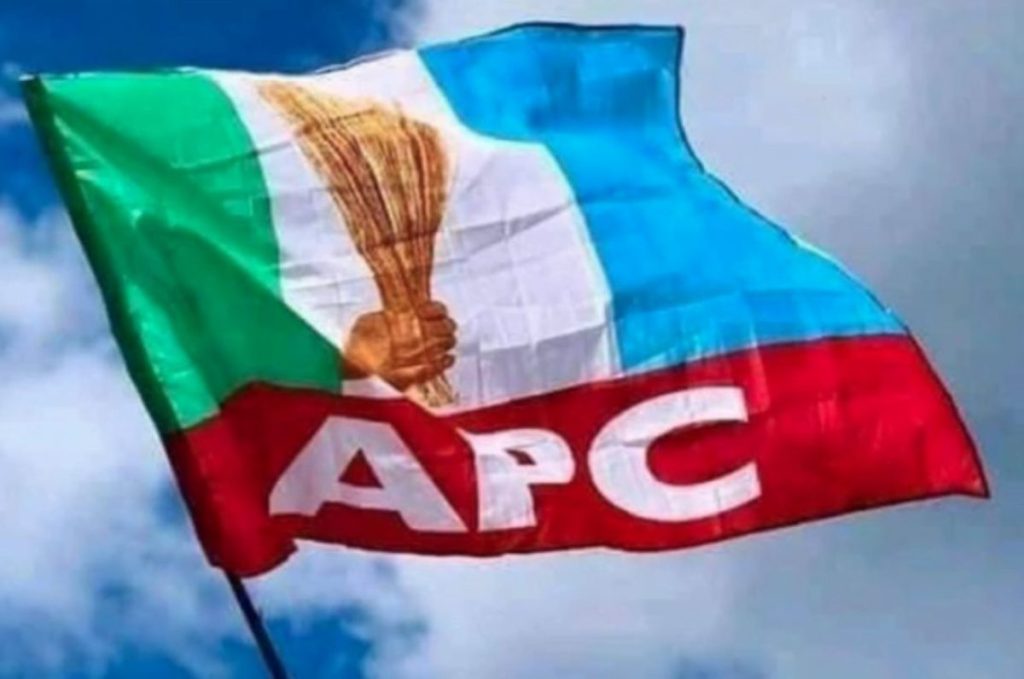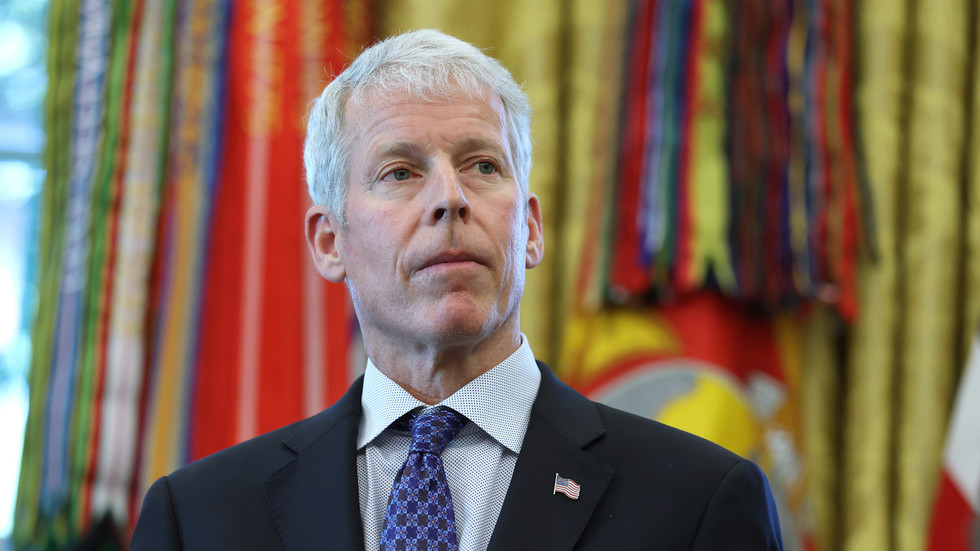Tensions between France and Mali have escalated following the arrest of a French national in Bamako, Mali’s capital. Yann Vezilier, an accredited member of the French embassy, was taken into custody along with two generals and other military personnel on allegations of involvement in a plot to destabilize the country.
The Malian junta has accused Vezilier of being a French intelligence agent who mobilized soldiers and civil society actors to undermine the government. However, France’s foreign affairs ministry has dismissed these claims as “unfounded” and is currently in talks with the Malian authorities to secure Vezilier’s immediate release.
France has argued that Vezilier’s arrest violates the Vienna Convention on Diplomatic Relations, which grants diplomatic immunity to accredited embassy personnel. The move has heightened tensions between the two countries, which have had a strained relationship since Mali cut military ties with France in 2022 and turned to Russia for support.
Mali’s opposition in exile has also spoken out against the alleged destabilization plans, describing them as false and urging the junta to produce evidence. The Patriotic Resistance Front, a coalition of politicians living abroad, has demanded the release of those arrested and a return to constitutional order.
The situation is unfolding in a country that has experienced over a decade of turmoil, marked by Islamist insurgencies in the north and political instability. The current president, General Assimi Goita, came to power in 2021 following a series of coups and has since failed to keep his promise to hold elections. In June, Goita was granted a five-year renewable term, and political activities were suspended across the country.
The international community is watching the situation closely, with concerns about the escalating tensions between France and Mali, as well as the human rights implications of the arrests and the suspension of political activities. As the situation continues to unfold, it remains to be seen how the Malian government will respond to international pressure and how the country will navigate its complex security and political challenges.



